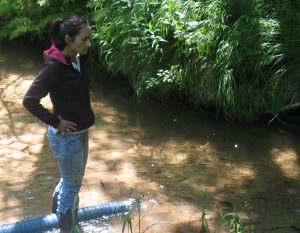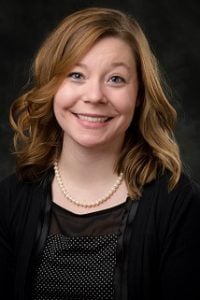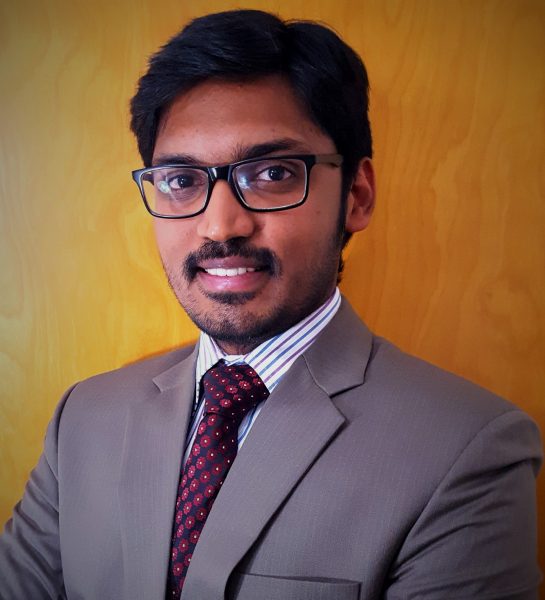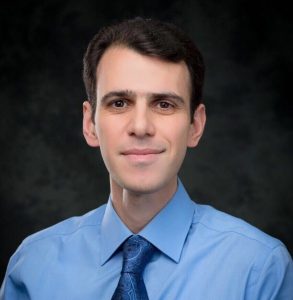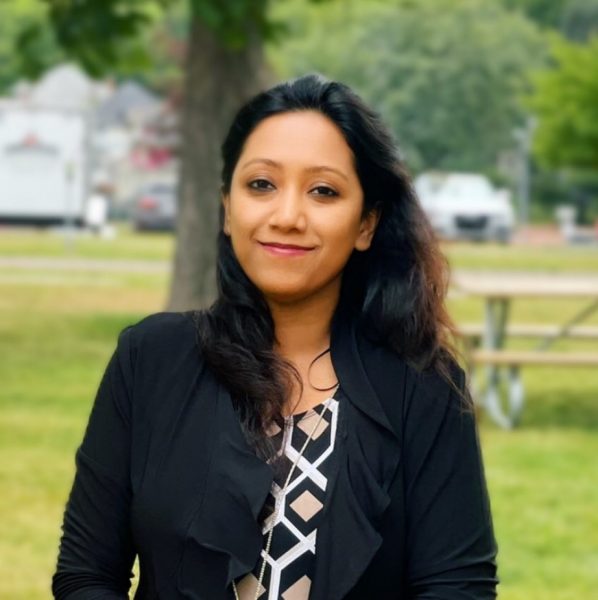Graduate Student Government is hosting our annual Graduate Research Colloquium on February 19th and 20th, 2014
What is the Graduate Research Colloquium (GRC) & where do I go for more info?
Each spring, GSG sponsors the Graduate Research Colloquium Poster & Presentation Competition. The GRC is a unique opportunity to share your research with the University community and to gain experience in presenting that research to colleagues.
Who can participate?
All graduate students are highly encouraged to participate by presenting their research in an oral presentation or creating a poster detailing their research. You can even do both!
Why should I participate?
The GRC provides graduate students a great opportunity to practice their oral or poster presentations in a friendly environment before presenting at a major conference. These presentations will help you to gain valuable feedback from judges and other audience members that can benefit your research. The GRC is also a great way to network and learn about other research that is being done on campus. Plus, cash prizes are available for the 1st, 2nd, and 3rd place speakers in both the poster and oral presentation sessions.
How do I submit an abstract?
We’ve made it even easier for you to participate this year! You can now submit your abstract for both a poster and oral presentation on our online submission website.
The submission deadline is Friday, November 22nd, at 11:59 PM.
